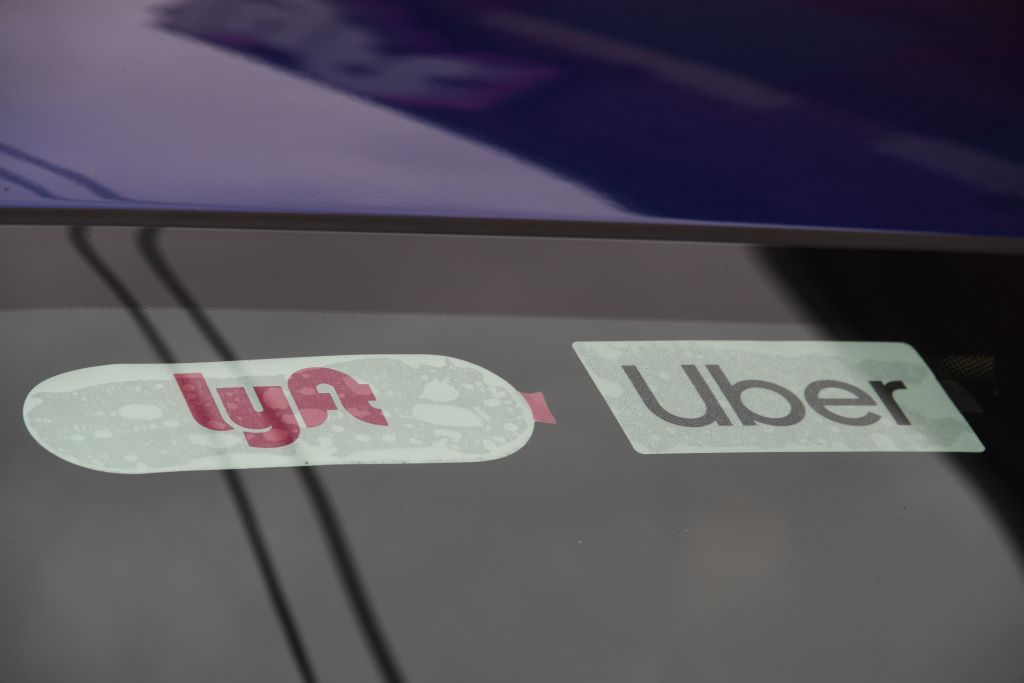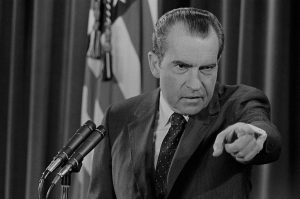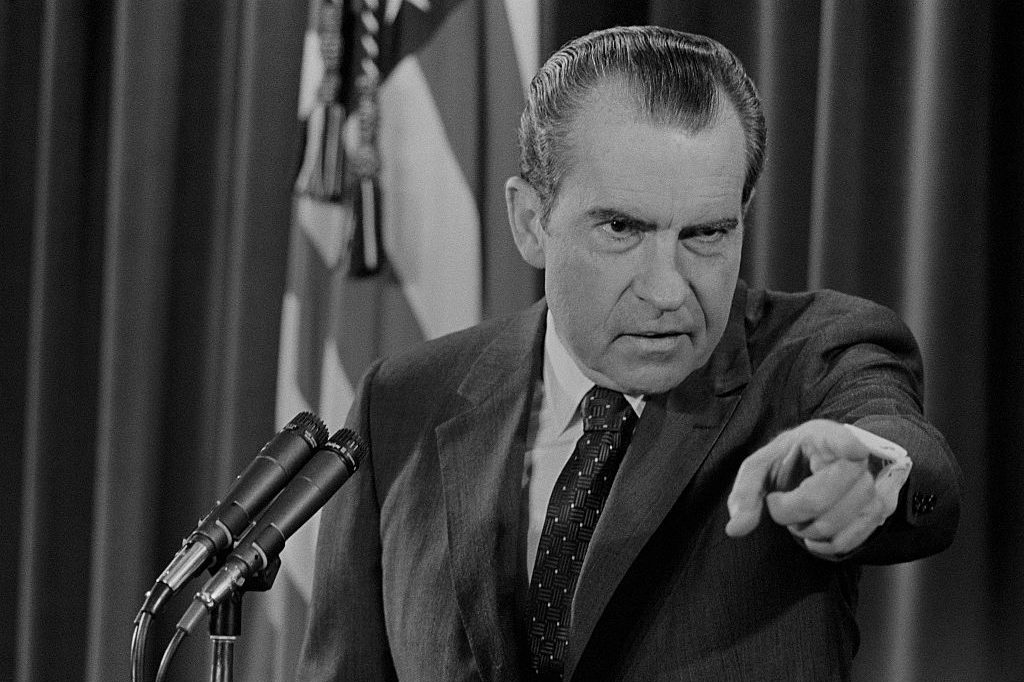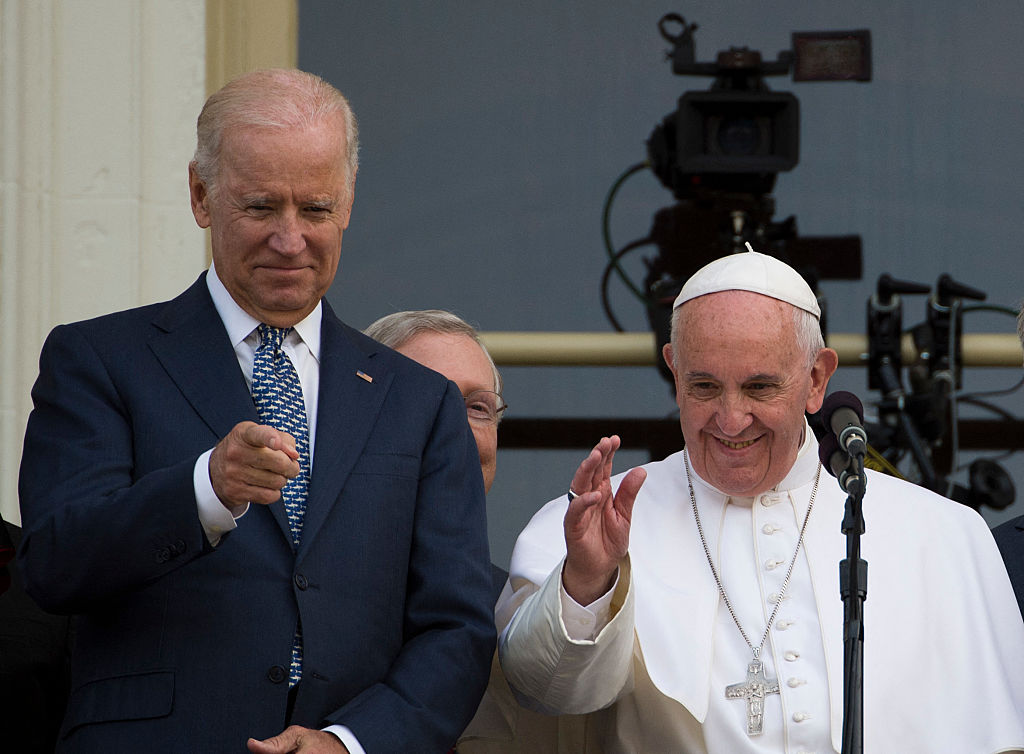The Biden administration’s Department of Labor recently released a new interpretive rule regarding whether workers are classified as employees or independent contractors. The action reverses a Trump-era rule that simplified the classification process, and was dedicated to preserving the gig economy.
Employees are much more expensive than independent contractors — possibly by as much as 30 percent. This is, in part, because independent contractors are not subject to federal minimum wage or overtime regulations, among others, and are not protected by the National Labor Relations Act, meaning it is more difficult for them to unionize. This all may seem rather trivial, but the impact on both the consumer and the worker will be significant.
The stated concern of the Biden administration is that workers are being misclassified as independent contractors. Misclassification denies workers their rights as employees. Wrongful classification is obviously unethical, but the new rule goes well beyond tackling the problem: it threatens to turn upside down the services that many Americans have come to rely upon, such as rideshare companies like Uber and Lyft. The recent crash in these businesses’ stock prices shows the market understands the havoc this new rule will wreak.
The advantage of working for Uber, Lyft, Doordash, and similar companies is in the flexibility for its independent contractors (drivers, delivery workers, etc). One can work whenever one likes, for however long one likes. This is sustainable for the companies because they do not have to deal with the expenses of having employees, and are not under threat from unionization. Driving for Uber can be a supplementary income for an individual, something to be done when time permits, even if it’s only a few rides a week. It can also be a full-time commitment, with the driver making dozens of trips per day. The choice rests with the independent contractor. But if Uber gets stuck with the costs associated with employees, those who drive less may end up as more of a drag on profit.
The consequence? The cost of your Uber trip will go up, and fewer people will be able to earn extra money. Other services that rely on independent contractors will be similarly impacted. It is simple economics: if supply (of drivers, for example) goes down because a company cannot sustain its current workforce because they are all employees, and demand does not keep pace with the decline, prices for the consumer will go up. The same holds true if the cost per employee to the company goes up — there is no other way for the company to remain profitable. That means we can say goodbye to the convenience of affordable rides-on-demand or delivery of our favorite foods.
Most perplexing is that there does not appear to be huge demand for the change from the independent contractors themselves. A 2021 poll conducted in Massachusetts found that 64 percent of independent contractors with Uber, Lyft, Doordash, and Instacart want to remain as such, and only 29 percent want to be considered employees. Polls of Uber and Lyft drivers indicate even more significant margins in favor of retaining the independent contractor classification. As a matter of public perception, according to a 2016 Pew Research Center poll, about 66 percent of customers believe Uber and Lyft drivers are independent contractors, while only 23 percent believe they are employees. The poll, however, also found that large majorities of customers believe the companies should have an important role in ensuring the quality of service provided — something a traditional company with employees would do — rather than the drivers alone being responsible. Nonetheless, customers had “largely positive” views of the services, indicating that the status quo is widely preferred.
The Biden administration’s move to change the interpretive rule is yet another example of how it prioritizes activists over the needs of working Americans. Time will tell how it all pans out. But make no mistake, this rule change runs counter to the interests of American workers and consumers alike, and threatens an entire sector of the economy.

























